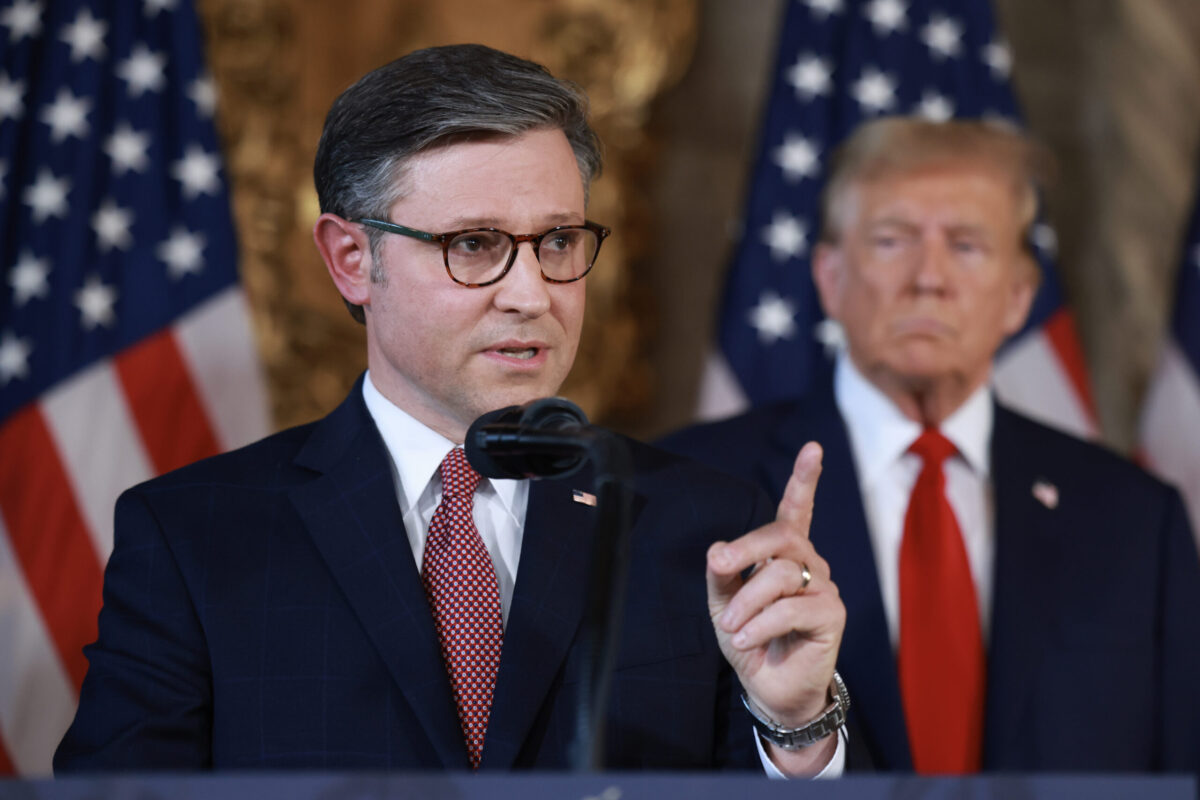The Influence of RFK: Impacting 2024?
Robert F. Kennedy Jr. has selected his running mate, leading the most successful independent presidential ticket in over three decades. His polling numbers vary significantly, from 15% to 2%, with an average of 9.9%. Ross Perot achieved 19% in 1992. Kennedy aims to be on ballots in 50 states and debates pose uncertainties due to historical deviations in candidate impact. Robert F. Kennedy Jr. has formed the most successful independent presidential ticket in more than 30 years by choosing his running mate. His polling numbers range from 15% to 2%, averaging at 9.9%, while Ross Perot achieved 19% in 1992. Kennedy’s goal is to appear on all 50 states’ ballots, but uncertainties loom over debates due to historical candidate impact discrepancies.
Robert F. Kennedy Jr. has his running mate, completing what has so far been the highest-polling independent presidential ticket in more than 30 years.
Not since Ross Perot first ran for president in 1992 has a candidate polled as well for the White House without a major-party affiliation. Perot even led former President George H.W. Bush and his eventual Democratic successor, then Arkansas Gov. Bill Clinton, head-to-head at one point.
Kennedy’s numbers have a much wider range. The longtime activist and son of the former attorney general, senator, and 1968 Democratic presidential candidate ranges from a high of 15% nationally in a recent Harvard-Harris poll to 2% in an Economist/YouGov survey, both released this month. He stands at 9.9% in the RealClearPolitics polling average.
Perot received 19% of the vote in 1992 and followed up with 8% in 1996, then as the nominee of the Reform Party.
ELECTION 2024: FOLLOW LATEST COVERAGE
The Harvard-Harris poll looks somewhat like the 1992 final results, with the Democrat and Republican reversed — but not the incumbent and challenger. Over three decades ago, Clinton finished first with 43% of the popular vote to Bush’s 38%. This time around, the aforementioned survey has former President Donald Trump at 43% and President Joe Biden at 38%.
Clinton won north of 300 electoral votes in 1992. Perot did not carry a single state, though he finished second in both Maine (narrowly beating Bush) and Utah (beating Clinton).
It’s not clear how many ballots Kennedy will appear on, though he vows it will be all 50 states plus the District of Columbia, like Perot.
There are also questions about the debates. When Perot appeared on the debate stage alongside Clinton and Bush, he won nearly a fifth of the national vote. When he was excluded from the debates four years later, he dropped to below 10%. The only other time a third-party candidate debated a major-party nominee was when John Anderson took on Ronald Reagan in 1980. President Jimmy Carter, the incumbent, sat it out and debated Reagan one-on-one.
This year, there is no guarantee that Biden and Trump will debate each other, much less Kennedy. Trump has called for debates against Biden, but boycotted all the Republican National Committee-sanctioned debates against his 2024 primary opponents, creating a precedent some believe will be invoked to justify the 81-year-old incumbent skipping them.
Perot did well in the 1992 debates, partially overcoming voters’ concerns about how he dropped out of the race, claiming Republicans were going to disrupt his daughter’s wedding, and equally abruptly reentered it. Kennedy’s spasmodic dysphonia, an unusual voice disorder, would be another question mark on the debate stage.
Even with all this uncertainty, third-party candidates with less support than Perot have arguably affected the outcome of presidential elections before. Green Party nominee Ralph Nader received less than 3% nationally in 2000, significantly less than the margin between Al Gore and George W. Bush, who lost the popular vote but won the election.
Nader’s impact was strongest in Florida, where he failed to crack 2% of the vote. But the consumer advocate’s 97,488 easily exceeded the 537 votes by which Bush won the state, securing the Electoral College majority and the presidency.
In 2016, Libertarian Party nominee Gary Johnson won 3.3% of the vote nationally. But the Green Party’s Jill Stein, who won just 1.07%, was seen as having a bigger effect. That’s because most of her votes were believed to have come at Hillary Clinton’s expense in key battleground states, especially as Trump turned the Rust Belt red for the first time since the 1980s.
The drop-off in third-party vote totals from 2016 to 2020 was believed by many analysts to be a contributing factor to Biden’s election.
It’s not entirely evident which major-party nominee stands to lose the most from Kennedy in 2024. At the moment, it appears to be Biden. Trump does slightly better in polls including Kennedy and other third-party candidates.
But Stein, who is running again this year, and Cornel West are clearly candidates of the Left. While that is where Kennedy’s background is, some of his appeal on vaccines and media bias could draw support from the Right. This includes some former backers of Gov. Ron DeSantis (R-FL) who did not like Trump’s approach to COVID-19. Republicans often boosted Kennedy when he was planning to run against Biden in the Democratic primaries instead.
Kennedy is nevertheless an afterthought in much of the campaign coverage. The major parties are poised to renominate the sitting president and the previous one, who both generate copious headlines on their own. Many working political journalists have never covered a semi-serious independent or third-party campaign. And Kennedy is widely viewed as eccentric.
But the unpopularity of Biden and Trump, who both poll below 50% in terms of favorability, creates the market for a third candidate. In the absence of a successful No Labels recruiting push, Kennedy appears to be the third best-known candidate.
CLICK HERE TO READ MORE FROM THE WASHINGTON EXAMINER
No third-party or independent candidate has won a state or an electoral vote other than from a faithless elector since George Wallace in 1968.
Wallace was a regional candidate of the Deep South, carrying five states. He was also a recent former governor of Alabama who continued to run the state through his wife, Gov. Lurleen Wallace, into the presidential election year.
" Conservative News Daily does not always share or support the views and opinions expressed here; they are just those of the writer."





